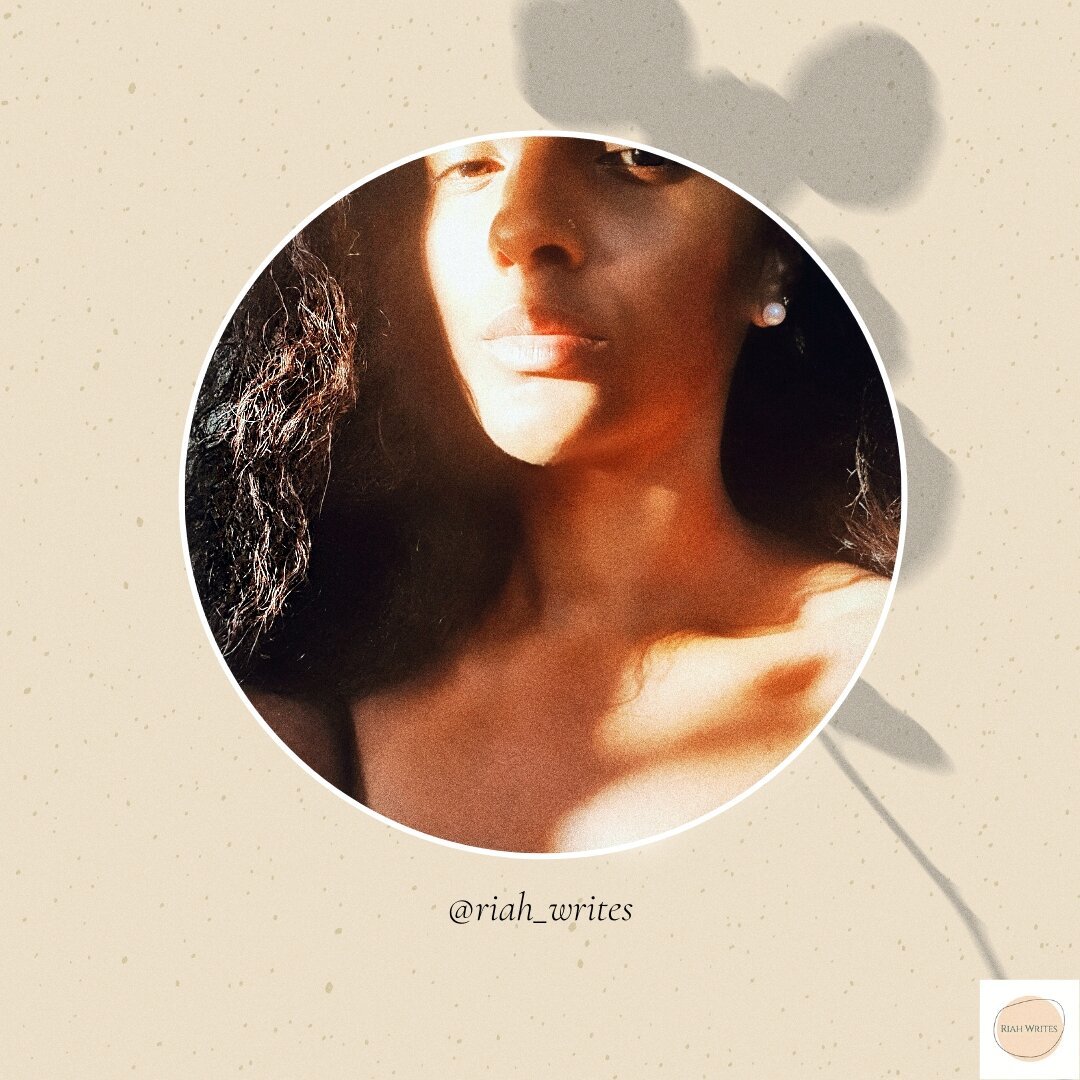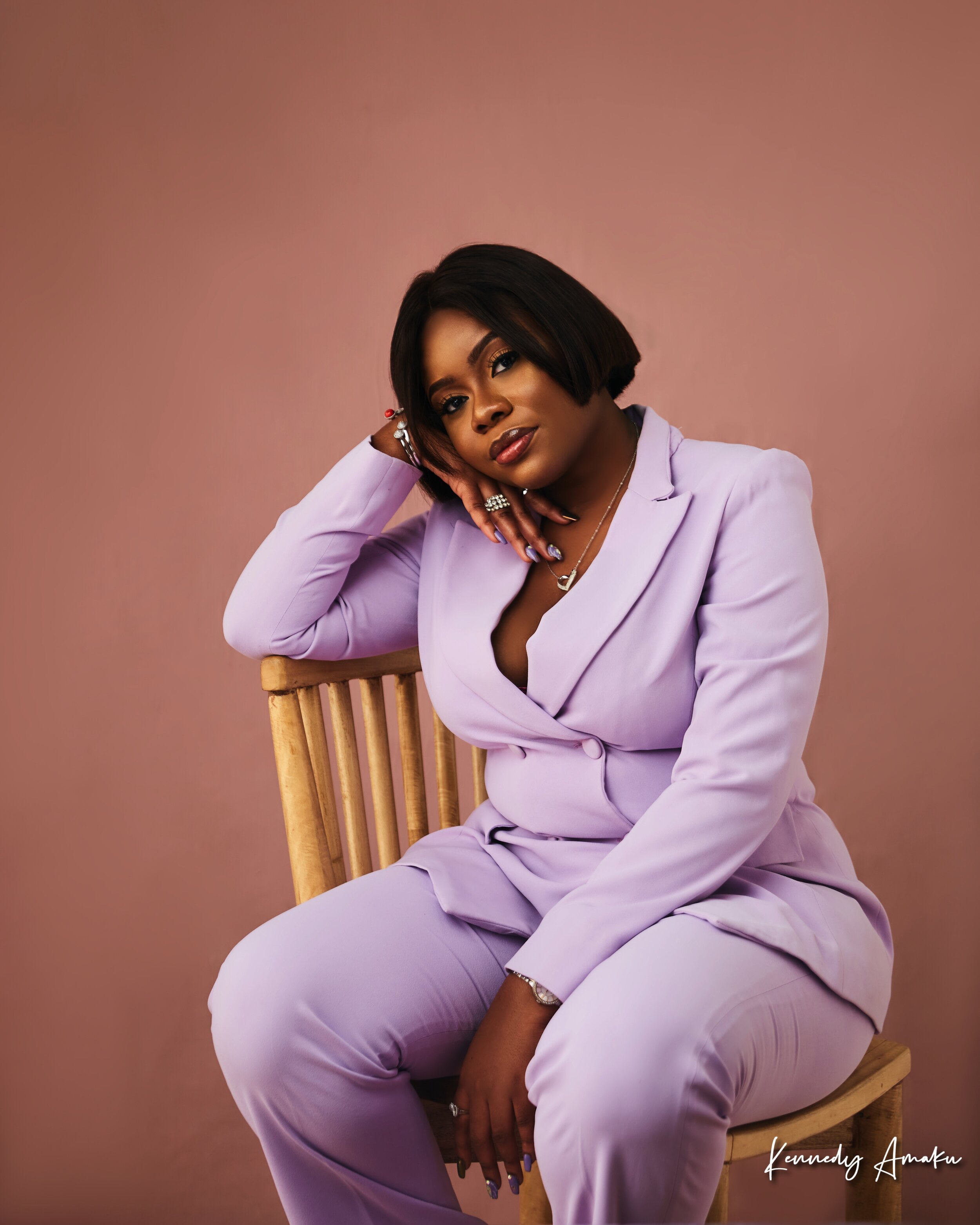
Black Thoughts
Matter
Can you imagine travelling to a new destination without any form of navigation, no phone, no Google or Apple Maps? No conversations with someone who has taken the trip previously? Just you alone facing a trip to the unknown?
Can you imagine travelling to a new destination without any form of navigation, no phone, no Google or Apple Maps? No conversations with someone who has taken the trip previously? Just you alone facing a trip to the unknown?
People-watching is a particular joy of the acting process and even in there, on this ward and in my confused and sedated state, I found it fascinating. I was the only Black patient on the ward; most of the other patients were white and of a range of ages.
Today I want to discuss boundaries within friendships and the impact on our mental health. Boundaries help to communicate, respect, and validate our needs within friendships. They are important for our mental health and can improve our relationships by respecting each other as individuals.
Sometimes we may take the loved ones we have in our lives for granted. Especially the ones that have been there for a long time, we forget to appreciate how they can positively influence our mental, emotional, and physical well-being.
It is common within the black community to maintain a ‘strong’ stance and not depend on others. We are beings that thrive on interaction with others, therefore, to lean on the right people or things can only be beneficial for our mental wellbeing, as it helps your fall to be caught and held.
Fairytales have deceived us into believing that true love is effortless. They have seduced us with the notion of the happily ever after, a promise to an unrealistic, unscathed love.
Being young, Black and British in 2021 it's hard to not live in a state of constant rage. The rage you feel deeply has many layers, roots and consequences. The rage is both personal and political. The rage is simultaneously communal and collective.
As a mental health advocate, I have been intrigued by the human mind and behaviour from an early age. When I secured my first role in healthcare as an Assistant Clinical Psychologist, I was buzzing full of energy, though, admittedly, with a touch of trepidation.
Like a lot of things, becoming an adult over lockdown was hard - I’m not even sure I’m ready to call myself an adult yet. The year that we were meant to leave home or get a job or start taking opportunities and make investments in the future was...ruined.
It’s fair to say that dating norms have changed drastically since the advent of the coronavirus pandemic. Social distancing meant fewer dates, and strict physical distancing measures designed to limit the spread of the virus seemed to ban intimacy altogether.
My mental health is something that I have always, for lack of better word, struggled with. Something I have recently had to force myself to acknowledge. I wouldn't say I suffer with a mental health disorder but rather, I have experienced feelings of anxiety and depression at different moments in my life.
Rewatching George Floyd get murdered by Minneapolis police officer Derek Chauvin in broad daylight was reliving trauma I badly wanted to forget. Sometimes I sleep and my subconscious keeps rehashing the words ‘I can’t breathe’.
Finding relief in compulsions is a bit like expecting eating a banana to quench your thirst when it is a drink that the body needs. Indeed, the only thing the banana can do is temporarily distract us from how thirsty we are.
This week is mental health awareness week and the theme is nature, which is pretty apt for the year everyone has had! Covid smacked us all in the face and effected a lot of people’s health.
The past year has highlighted Black mental health issues like no other year in my lifetime, just like racism it is something that has always been present but buried deep for many reasons.
Cornwall is one of the least diverse counties in the UK, with the BAME community representing only 1.8% of its population. This distinct lack of diversity results in an exaggerated lack of understanding and education when it comes to race and creates an atmosphere in which racism is normalised.
Casual racism stems from a negative stereotype about a race or a religion. It can be an off-handed comment or, in some cases, jokes between social groups.
There’s little known about how many of us are weighed down by anxiety, whether preordained by the negative implications of our race, or enhanced by them. It’s a component of mental health under narrated by the Black people who know it well.
We live in a society that is very binary when it comes to race. A lot of people have a standard of what black, mixed, and white looks like. Not only do we seem to forget all the other ethnicities, but we forget that there are a million different shades of black.
Black people are collectively sharing their stories and the world is FINALLY paying attention.
Making a conscious effort to look after your mental health when having a career in the arts is essential.
I feel like discussing mental health in the black community is not taken seriously enough. It's still seen as taboo.
As you take the time to delve into this paper today, I will attempt to do three things by the end of it: Diagnose our issue as a community, undo the way we think and lastly encourage change in the way we process the words ‘Mental Health’.






























